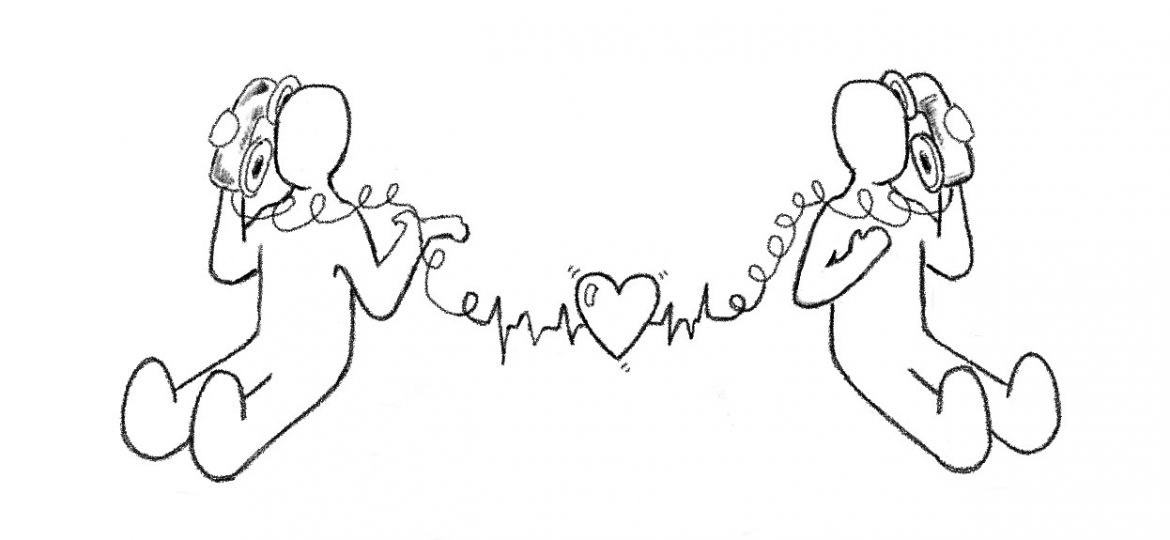
Graphic: Sean Rogers/The Olaf Messenger
Long-distance relationships in and of themselves are acts of defiance. Oftentimes those who find themselves doing long-distance began their relationships in high school and decided that they’d found someone worth spending the foreseeable future — if not forever — with. They believe they’ve found someone with whom their relationship is stable enough to give the very real stresses and obstacles of long distance a shot. And that is the core question of being in a long-distance relationship: is it worth it? Is your defiant stance that you and your partner can weather college — and beyond —truthful and correct?
I was faced with these questions entering my first year of college. To be transparent, I was in a long-distance relationship last year. We’ve since moved on but stay in contact. Despite my own efforts failing, I have the firm belief that long distance is very much possible and even plausible, especially in today’s world. I believe the right two people who are willing to grow alongside one another throughout college can easily look forward to marriage, moving in together, or whatever a couple might want to do after conquering four — or more — years of college.
The case against long-distance relationships, however, is a rather convincing one. It is much easier to let go of someone and return to the “open market” if you will, trying again with someone you see in person every day, rather than clinging to someone in a different time zone with a completely separate life. You understand that your love life is greatly disjointed from every other aspect of your life when you do long distance, and there are valid points to be made in arguing that distance negatively amplifies any and all issues you might face.
In addressing said issues that any other couple would also have, it is significantly more likely that the two parties would consider breaking it off entirely then and there. When breaking up with someone at your own school, you have to deal with seeing them — or avoiding them — every day, as well as the social stigmas among your friend group and otherwise. With a long-distance partner, somebody who isn’t there still isn’t there upon breaking up.
But there is something to be said about being there. You will quickly come to realize that communication is, in fact, the most important thing in a relationship, long distance or not. It must be consistent and full. There is no half-*ssing communication. It can be as simple as a daily update if you can handle being light or as complex as it has been for the past however long of knowing them in person. Just don’t spend your time telling them you miss them over and over again. Wallowing over the distance doesn’t make the distance disappear. You need to learn how to manage the distance. Make plans for breaks or weekends. Tell them about fun things you do with your friends. FaceTime often. Be sure to remember that you’re a couple, not a therapist and a client. You can’t pretend like distance doesn’t exist, but making do with what the two of you have is worth it. And, believe it or not, after a while it won’t feel like you’re settling anymore.
If a partner travels hundreds of miles, their love must be nurtured and cared for just as the love for a family member and distant high school friends must be cared for. Regardless, the distance is closed by being there for them consistently. The success or failure of a long-distance relationship ultimately relies on whether or not a couple understands that concept.
Elliot Ernster is from Phoenix, Ariz. His major is undeclared.

